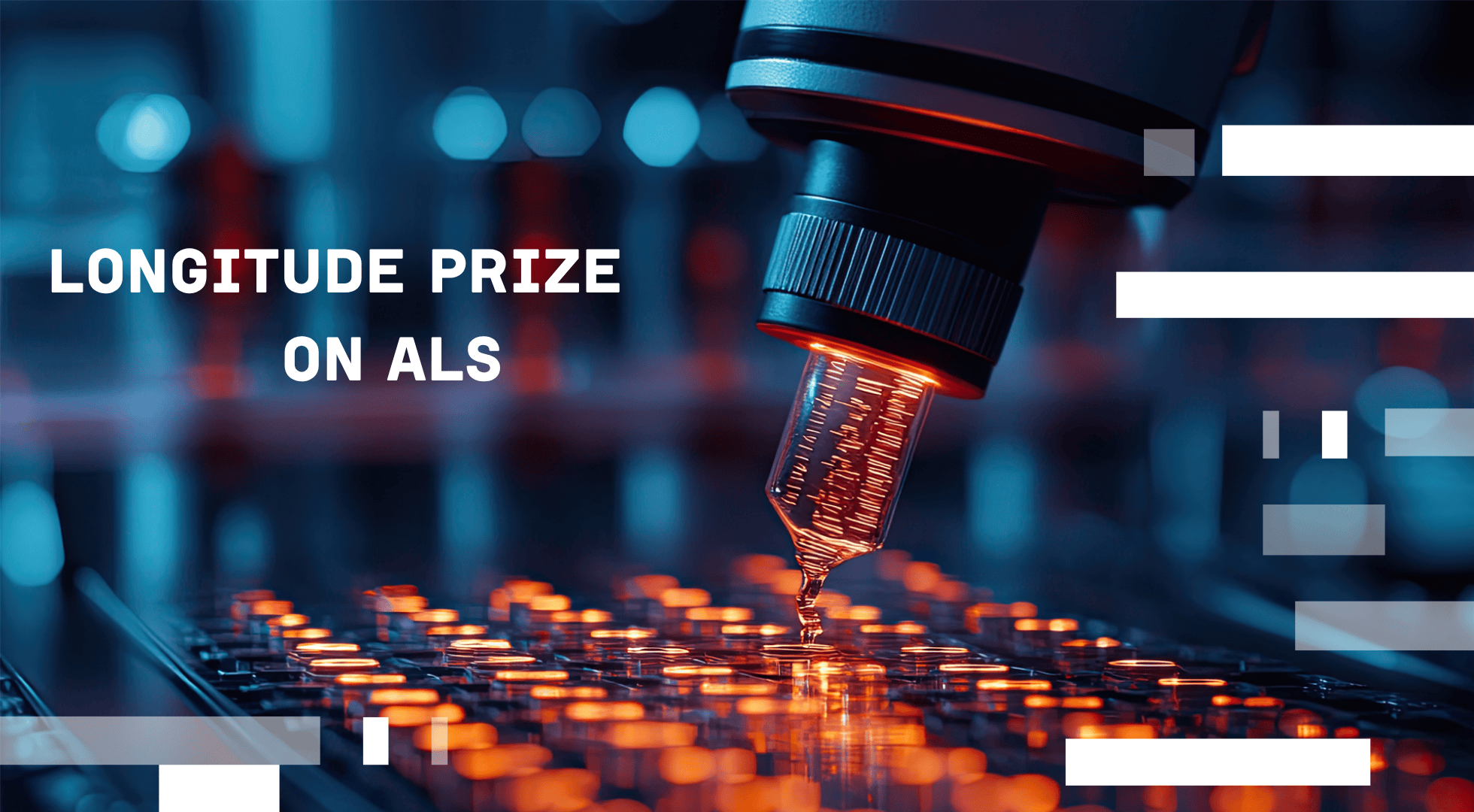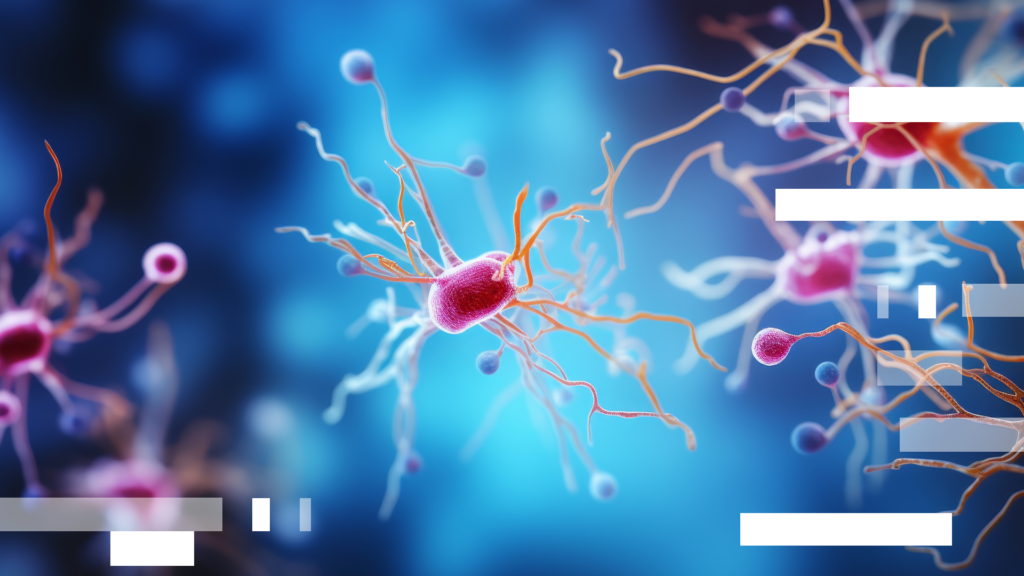Longitude Prize on ALS rewards AI discoveries targeting the most common form of MND

A new international prize aims to fast-track the search for effective treatments for amyotrophic lateral sclerosis (ALS). The most common form of motor neurone disease (MND).
The Longitude Prize on ALS is offering £7.5 million (~AUD$15.5 million) to encourage the use of artificial intelligence (AI) in unlocking new drug discoveries to treat ALS. This global effort invites top researchers and technologists to work together on one of the most challenging and urgent neurological diseases.
Recent breakthroughs in AI and medical science are opening new doors for ALS, a progressive condition with no known cure. The Prize aims to turn this momentum into practical solutions that make a difference for people with ALS, their families and their carers.
The Prize is principally funded by the Motor Neurone Disease Association and designed and delivered by Challenge Works, supported by Nesta, alongside additional global funders.
Journalist Lucy Hawking, daughter of the MND Association’s late Patron, Professor Stephen Hawking, welcomed the launch of the Prize, calling it a powerful step forward:
“The Longitude Prize on ALS is a vital and important step towards increasing our understanding of motor neurone disease, and specifically ALS. Drug breakthroughs over the past couple of years, combined with rapid developments surrounding AI, put us at an exciting crossroads, where there is real promise in making marked advancements in MND research and treatment, both of which can improve quality of life for people living with the disease as well as their loved ones across the globe.”
What’s on offer
The Longitude Prize on ALS is a five-year program, structured in three phases. Multidisciplinary teams will compete to identify, prioritise, and validate promising drug targets for ALS.
The first stage of the Prize will start in early 2026. The 20 most promising applications will receive £100,000 (~AUD$200,000) to fund their project. Shortlisted teams will also have access to the most comprehensive collection of ALS patient data, curated for the Prize.
The winning team will go on to win £1 million (~AUD$2 million) at the end of the five-year Prize to continue advancing treatments for ALS.
Why this Prize matters
Amyotrophic lateral sclerosis is a form of MND. It remains without a cure or long-term treatments. For the first time AI offers the potential to outpace the disease by unlocking a decade’s worth of patient data. Historically, this data was trapped in fragmented, inconsistent or hard-to-access formats.


Who can apply
The Prize is open to innovators from around the world across medical research, biotech, pharmaceuticals and AI sectors.
Teams must show potential in their proposed method and team make-up. Teams should bring together expertise from across multiple disciplines. This includes ALS research and computational biology.
How to apply
Applications for the Longitude Prize on ALS are now open. They will close on 4 December 2025 at 2am AEDT.
To learn more, or submit your application, visit the Longitude Prize on ALS website.